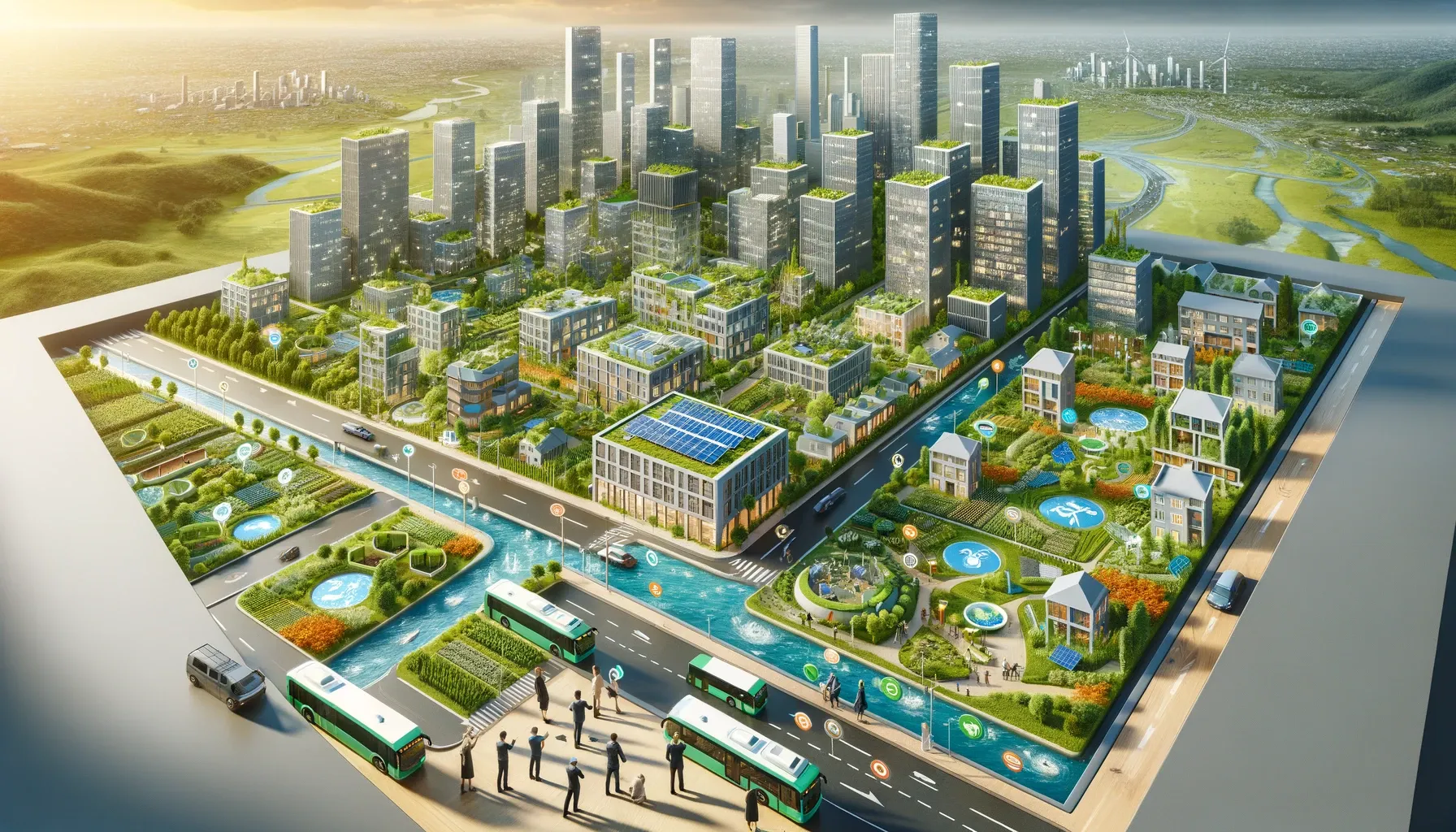Urban planning is a cornerstone in building the cities of the future, combining strategic development and environmental balance to create better living spaces for generations to come. At Al-Binaa Al-Mutajaddida, we specialize in designing urban projects that align with technological advancements while prioritizing sustainability and innovation.
1. The Concept and Importance of Urban Planning
Urban planning is the organized development of urban areas to optimize land use and resources. Its key goals include:
- Enhancing Quality of Life: Creating integrated communities that provide a healthy living environment.
- Achieving Sustainability: Reducing environmental impact by incorporating green spaces and smart infrastructure.
- Supporting Local Economies: Developing residential and commercial areas that drive economic growth.
2. Key Elements of Successful Urban Planning
To build sustainable future cities, the following elements are essential:
- Integrated Design: Linking roads and public facilities with smart pathways for ease of mobility.
- Green Spaces: Allocating large portions of the area to parks and open spaces to enhance environmental quality.
- Smart Infrastructure: Implementing advanced technologies like smart water and energy management systems.
- Balance Between Residential and Commercial Areas: Creating integrated communities that fulfill residents’ daily needs.
3. Sustainability in Urban Planning
Sustainability is not just a concept; it is an integrated approach to preserving the environment while promoting development. In projects like “Dhilaal Jeddah”, we focus on:
- Allocating 30% of the area to green spaces, improving air quality and offering a healthier environment.
- Developing robust infrastructure that efficiently serves the community.
- Using eco-friendly materials and modern technologies to ensure long-term sustainability.
4. Challenges and Solutions in Urban Planning
Planning for future cities comes with several challenges:
- Providing Integrated Infrastructure: Ensuring access to water, electricity, and sanitation services.
- Balancing Environmental Impact: Preserving natural resources and reducing carbon emissions.
- Keeping Up with Technological Advancements: Integrating smart technologies for efficient city management.
Our solutions include:
- Water Treatment Facilities: Ensuring sustainability and resource efficiency.
- Renewable Energy Systems: Implementing solar panels and other clean energy solutions.
- Smart Space Design: Balancing resident needs with environmental sustainability.
5. The Future of Urban Planning
Future cities will rely on intelligence and sustainability to create integrated environments that meet individual and societal needs. At Al-Binaa Al-Mutajaddida, we believe that urban planning is not just about designing buildings but reshaping urban life and enhancing community well-being.



